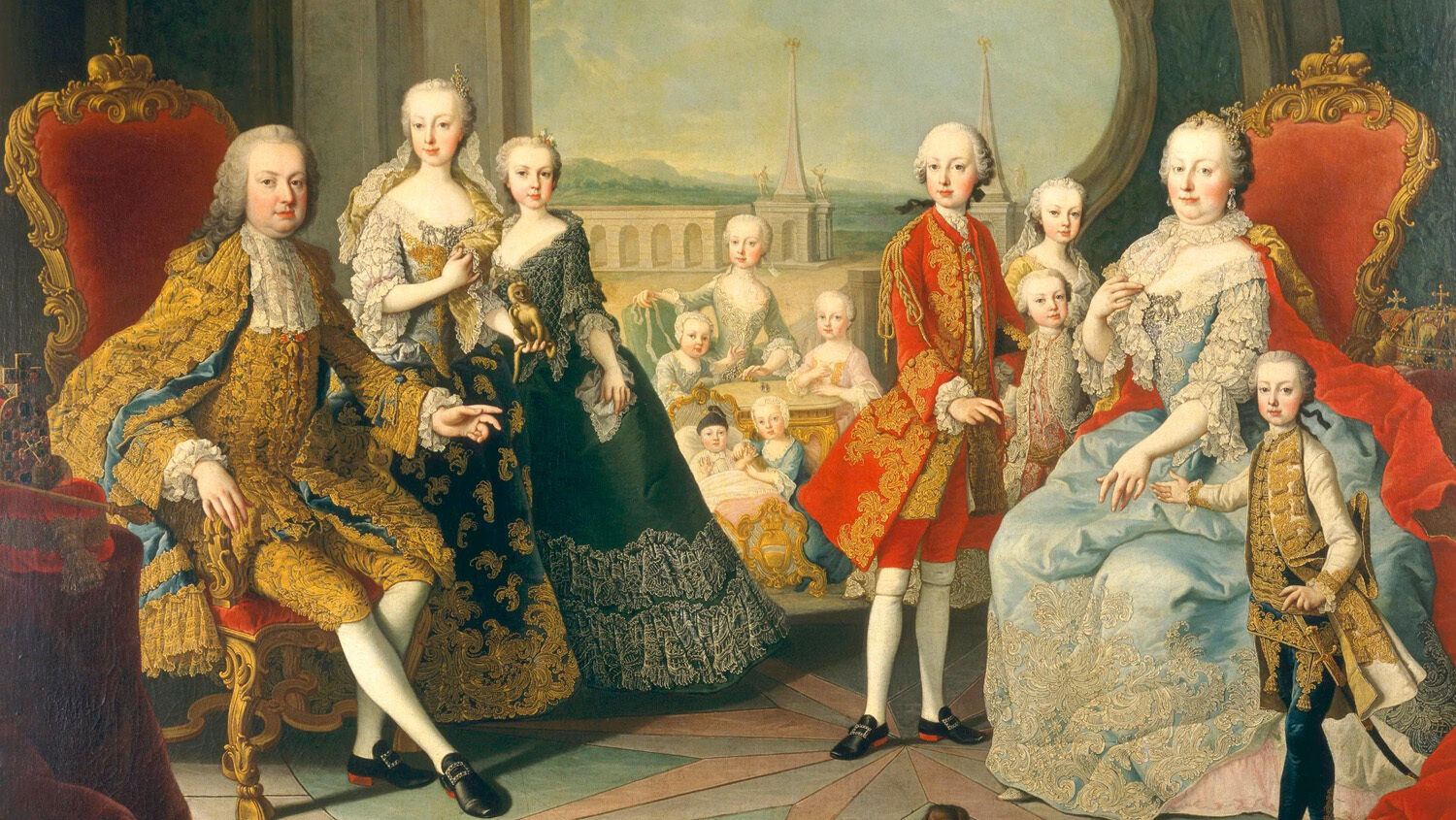
Reviving ‘the Habsburg Way’
A new book, The Habsburg Way: Seven Rules for Turbulent Times, by Eduard Habsburg, promises nothing less than “a roadmap for healing the world in which we live.” American conservative commentator Michael Knowles called it “the single most important history book to appear in our troubled times.” In his foreword, Hungarian Prime Minister Viktor Orbán called it a “superb book on the Habsburgs” and pointed to the need to fight together to “preserve” Christianity in Europe.
This praise is remarkable if you consider the empire’s history. As Eduard Habsburg himself asks: “Why should anybody ‘do things the Habsburg way’ in the 21st century? … Shouldn’t we be wary of rulers, kings, emperors and tyrants in general—and isn’t this the premise on which the United States and many modern nations are built?”
Why look to a past empire that Hungarian freedom fighters and the founders of America both opposed? Many books detail the immorality of some Habsburg rulers or the cruelty of the Inquisition and the Thirty Years’ War. But The Habsburg Way is different, and the times we live in are different.
The author states: “[I]n a time where every Christian value is being increasingly driven out of public life and politics, the Habsburgs stand for timeless things like family, faith, the peaceful cohabitation of nations and languages and the peaceful coexistence of divers races and cultures.”
The Habsburg dynasty united a diverse group of people under one faith—Catholicism. Thus, one of Eduard Habsburg’s seven rules is, “Be Catholic!”
That admonition may offend some, as “being a Catholic ruler often meant doing things that seem manifestly un-Christian, including treating other Christian denominations harshly.” The author continues:
But in those centuries gone by, people truly believed that only by living the Catholic faith could you get to heaven, so encouraging, indeed requiring, your subjects to be Catholic was not only part of your duty as an emperor, it was an act of charity because it helped others reach eternal salvation.
At the core of this book is an appeal to include religion in private life and politics. Eduard Habsburg believes our world needs this and asks “for forgiveness if I am occasionally not as diplomatic or ecumenical as usual.”
In other words, the time for sweet-talking other religions is over. It is time for Catholics to stand up for what they believe is right.
The book reveals “how to get different nations to live together, in peace, under one imperial roof ….” The author later clarifies, “[W]e do not need to ‘bring back the Habsburgs’ or ‘reintroduce the monarchy’ (though I’d never say never).”
No family shaped Europe as the Habsburgs did. The Habsburg monarchy ended in 1918. Eduard Habsburg serves as ambassador of Hungary to the Holy See and the Sovereign Order of Malta. In his book, he often quotes Otto von Habsburg, the son of the last Habsburg monarch. Many of the ideas in the book were inspired by him.
At the Trumpet, we often quote Otto von Habsburg as well. The late Hebert W. Armstrong met him and discussed some of his ideas. It was Otto von Habsburg’s dream to revive the old empire in the form of the European Union. But while the EU seeks to unite its member states under one government, it is lacking the involvement of the Catholic Church. Mr. Armstrong wrote: “In only one way can this resurrected Holy Roman Empire be brought to fruition—by the ‘good offices’ of the Vatican, uniting church and state once again, with the Vatican astride and ruling (Revelation 17:1-5).”
The Bible reveals that this unification of European nations under one leader and the Catholic Church is about to happen. We are now seeing a push from another Habsburg to complete this unification. Request a free copy of The Holy Roman Empire in Prophecy to learn more about these prophecies.
